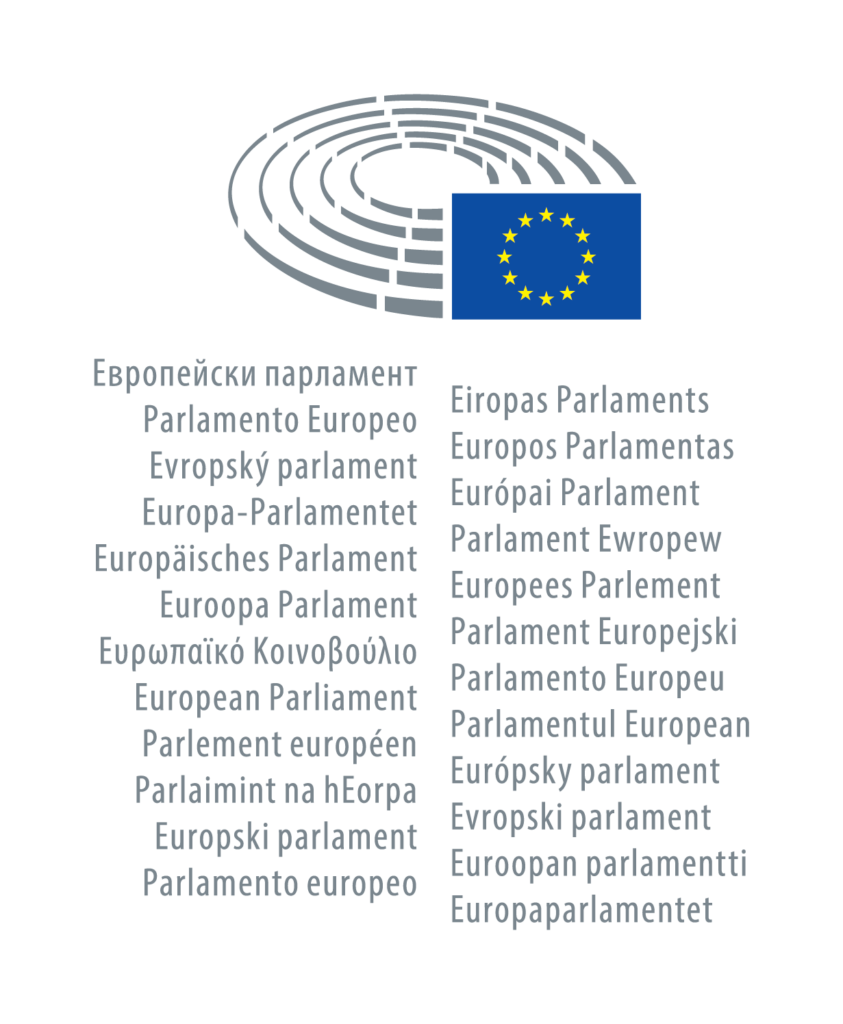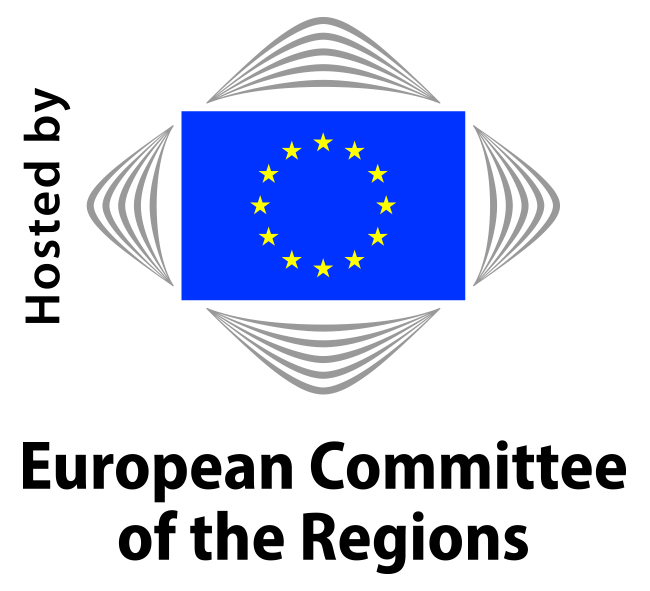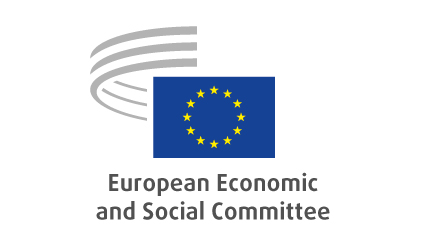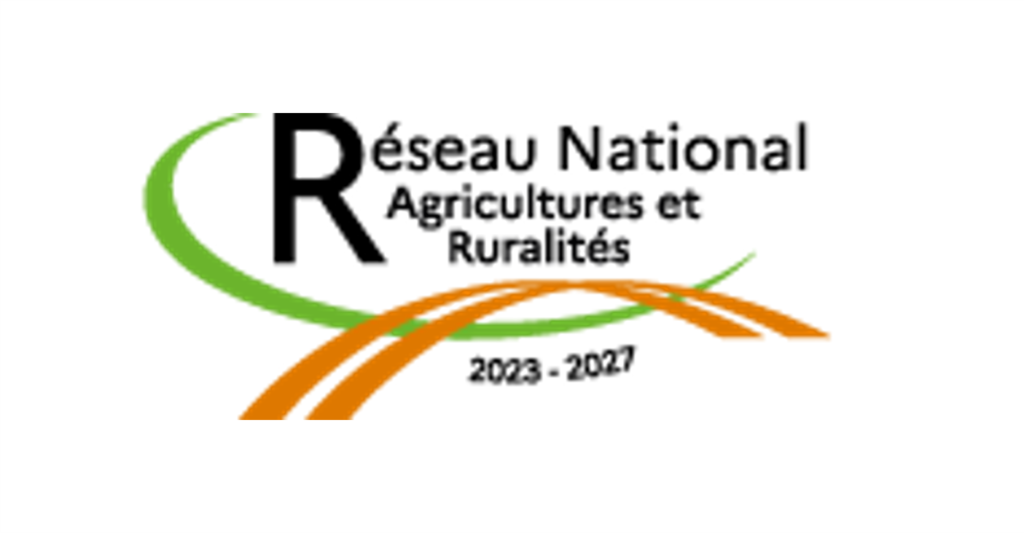2023 Partners
The European Parliament is the legislative arm of the European Union (EU) and one of its seven institutions. It is composed of 705 members (MEPs) representing all EU countries.
The European Parliament decides on EU legislation, including the multiannual budget, together with the Council of the European Union (the ministers of the EU Member States). The other institutions, including the European Commission, are accountable to the Parliament.
Members of the European Parliament are elected in the EU Member States and represent around 446 million inhabitants. Over the years and with the changes made to the European Treaties, Parliament has acquired considerable legislative and budgetary powers. To learn more, click here.
The European Parliament is making its hemicycle and several rooms available to host our event.
The European Committee of the Regions (CoR) is the voice of regions and cities in the European Union (EU). It represents local and regional authorities in the European Union and gives opinions on new legislation that has an impact on regions and cities (70% of all EU legislation).
The CoR is a political assembly composed of 329 members and 329 alternates from all EU states who have been elected at local or regional level (e.g. as mayors or presidents of a region).
The European Committee of the Regions is making several rooms available for our Congress.
The European Economic and Social Committee is the voice of organised civil society in Europe. It represents employers, trade unions and civil society actors, particularly in the economic, civic, professional and cultural sectors.
Its members are appointed for a renewable term of 5 years by the Council on a proposal from the Member States.
The EESC making several rooms available for our Congress.
The National Network for Agriculture and Ruralities (French Rural Network, RRF) contributes to reflections, exchanges and debates on rural territories and the policies useful for their development. It facilitates dialogue between stakeholders and promotes best local practices.
As support to French Regional Rural Networks, it is responsible for pooling activities adapted to the needs of the territories, ensuring the articulation and coordination of local initiatives as well as sharing achievements.
The RRF is co-led by the French Ministry of Agriculture and Food, the National Agency for Territorial Cohesion (ANCT) and Régions de France (RdF).



